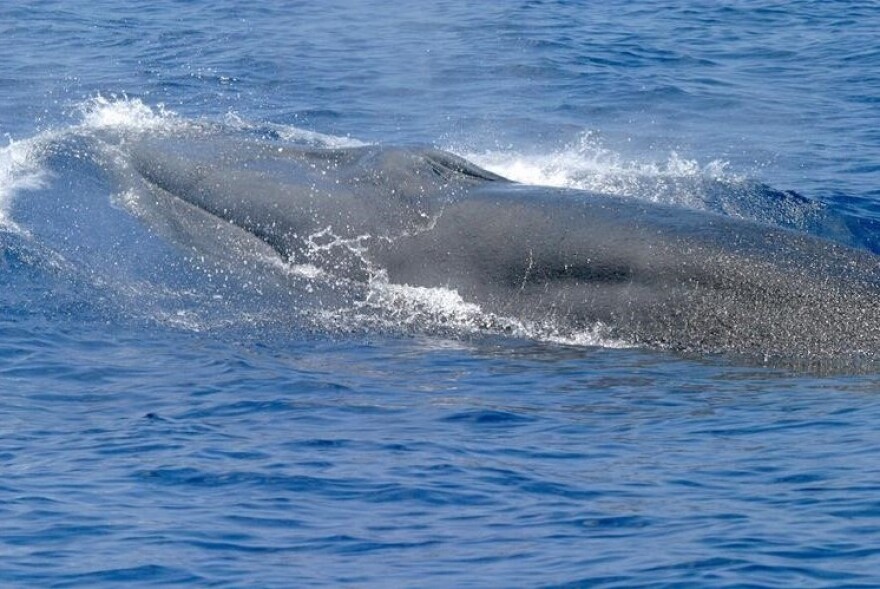TALLAHASSEE -- Florida Ports Council President and CEO Mike Rubin is raising alarms that proposed changes to protect an endangered whale species could economically hurt ports from Tampa to Pensacola.
The National Oceanic and Atmospheric Administration is nearing the end of a public-comment period on a petition from conservation organizations to establish a year-round 10-knot vessel speed limit in the “core” habitat area of the endangered Rice’s whale.
Rubin wants the petition tossed.
“It’s as if NOAA wants Florida to hang up a ‘closed for business’ sign,” Rubin said in a prepared statement Wednesday. “Florida’s Gulf of Mexico seaports play an enormous role in fueling (providing petroleum products to) Florida, and are essential suppliers of everything from food to medical supplies, and construction materials to build homes, roads and make ongoing hurricane repairs in Southwest Florida.”
The petition, filed in 2021, by the Natural Resources Defense Council, Healthy Gulf, the Center for Biological Diversity, Defenders of Wildlife, Earthjustice, and the New England Aquarium seeks to create a “vessel slowdown zone” in waters 100 meters to 400 meters deep from Pensacola to south of Tampa to protect the whale from collisions with vessels and noise.
In the petition, the groups contend about 50 Rice’s whales exist and it’s likely that more than one dies every 15 years as a result of a collision with a vessel. They also point to myriad other threats, including “curtailment of habitat due to oil and gas development, oil spills and oil spill response, anthropogenic noise, marine debris, and potential fisheries interactions.”
Rubin takes issue with the speed limits and a proposal to prevent nighttime ship traffic in the zone.
In a request that NOAA rescind the proposed rule, the ports council contends “this rule runs counter to efforts by other federal agencies and the state of Florida to increase the cargo capacity of Florida seaports to ensure an effective and efficient supply chain system for U.S. businesses and citizens. We have seen an increase in other cargo shipments into Florida Gulf Coast seaports because of these efforts to respond to (the) supply chain crisis and COVID impacts.”
NOAA will take written comments on the proposal through July 6.
If the federal agency decides to initiate rulemaking, it will publish a notice in the Federal Register. No timeline was immediately available for that decision.




